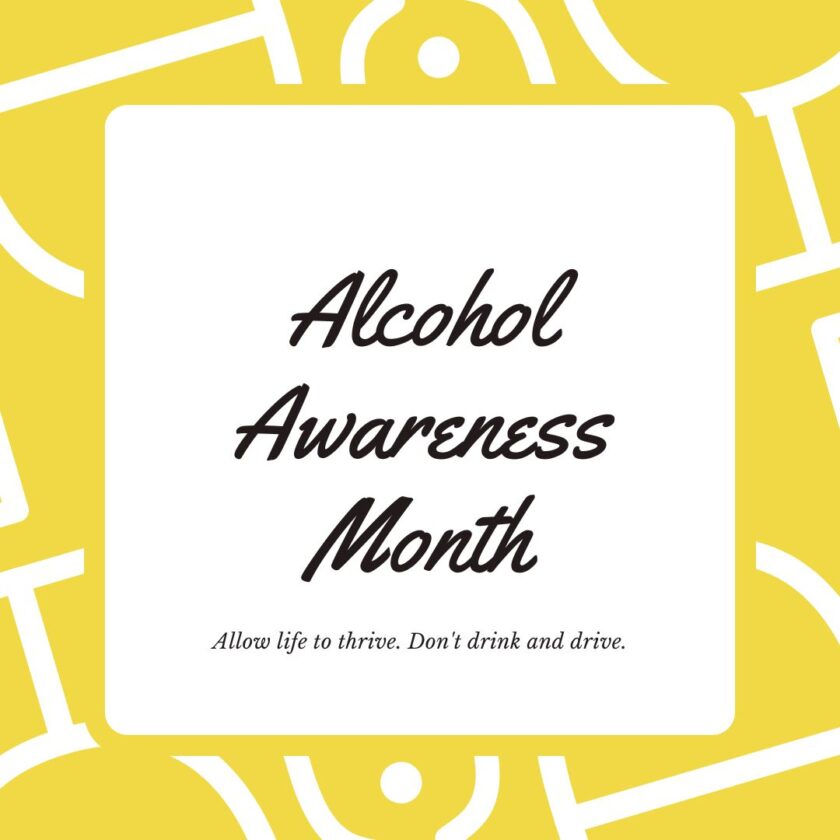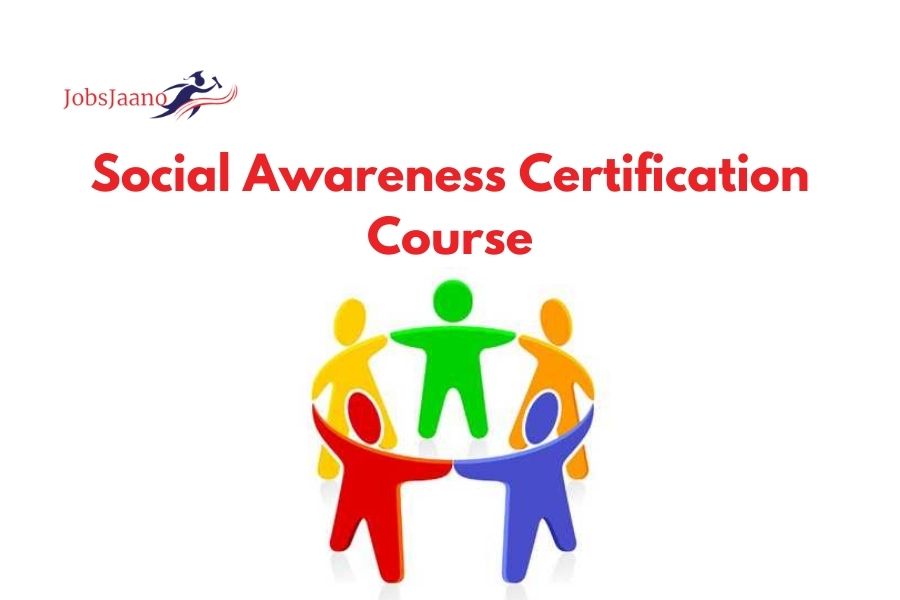Social Awareness Certification Course: Enroll Now
Course Overview:
Module 1: Introduction to Social Awareness
- Understanding the concept of social awareness
- Importance of social awareness in personal and professional life
- Exploring the impact of social awareness on relationships and communities
Module 2: Developing Empathy
- Definition and components of empathy
- Empathy-building exercises and activities
- Empathy in communication and conflict resolution
Module 3: Cultural Competence
- Appreciating diversity and cultural differences
- Overcoming stereotypes and biases
- Strategies for building cultural competence
Module 4: Global Social Issues
- Identifying and understanding global challenges
- Exploring the interconnectedness of social issues
- Analyzing the role of individuals in addressing global problems
Module 5: Social Media Literacy
- Navigating the digital landscape responsibly
- Understanding the impact of social media on society
- Promoting positive online behavior and digital citizenship
Module 6: Social Responsibility
- Recognizing individual and collective responsibility
- Exploring the concept of social justice
- Advocacy and activism for positive social change
Module 7: Building Community
- Fostering a sense of community
- Effective communication in community building
- Collaborative problem-solving and conflict resolution
Module 8: Personal Reflection and Action Plan
- Reflecting on personal growth throughout the course
- Creating an action plan for ongoing social awareness development
- Engaging in self-directed learning and continuous improvement
Certification Requirements:
To receive certification in Social Awareness, students must:
- Attend and actively participate in all modules of the course.
- Complete assigned readings, activities, and assessments.
- Demonstrate understanding and application of social awareness principles in real-life scenarios.
- Engage in group discussions and collaborative projects to enhance learning.
Certification Assessment:
- Final project: Students will be required to develop and implement a social awareness initiative or project, demonstrating their ability to apply the knowledge gained throughout the course.
By successfully completing this course and meeting the certification requirements, students will not only enhance their social awareness skills but also contribute to creating a more compassionate and socially responsible global community.
START NOW
Social Awareness topics for Students | Topics For Presentation
Social awareness is crucial for students to develop a well-rounded understanding of the world and contribute positively to society. Here are some social awareness topics for students:
- Climate Change and Environmental Sustainability:
- The impact of climate change on the planet.
- Importance of sustainable living and practices.
- Renewable energy sources and their role in combating climate change.
- Gender Equality:
- Gender stereotypes and their effects.
- The importance of empowering women in all aspects of life.
- Gender wage gap and its implications.
- Diversity and Inclusion:
- Embracing diversity in society and workplaces.
- Combating discrimination based on race, ethnicity, gender, or sexual orientation.
- Building inclusive communities.
- Mental Health Awareness:
- The importance of mental health and well-being.
- Breaking the stigma surrounding mental health issues.
- Access to mental health resources and support.
- Cyberbullying and Online Safety:
- The impact of cyberbullying on individuals.
- Promoting responsible online behavior.
- Internet safety and privacy.
- Poverty and Hunger:
- Understanding the causes and consequences of poverty.
- Efforts to eradicate hunger and ensure food security.
- The role of education in breaking the cycle of poverty.
- Global Health Issues:
- The importance of healthcare accessibility worldwide.
- Addressing global health challenges, such as infectious diseases and pandemics.
- Advocating for health equity.
- Human Rights:
- Understanding and promoting basic human rights.
- Advocacy against discrimination, torture, and injustice.
- The role of international organizations in protecting human rights.
- Refugee Crisis:
- Understanding the plight of refugees and internally displaced persons.
- Supporting initiatives for refugee resettlement and assistance.
- Advocating for compassionate immigration policies.
- Technology and Ethics:
- Ethical considerations in the development and use of technology.
- Privacy concerns in the digital age.
- Balancing technological advancement with ethical principles.
- Social Media and its Impact:
- Positive and negative effects of social media on society.
- Cyberbullying prevention and responsible social media use.
- The role of social media in activism and awareness.
- Educational Inequality:
- Disparities in educational opportunities.
- The importance of quality education for all.
- Initiatives to bridge the educational gap.
Encourage students to explore and engage in discussions about these topics to foster a sense of social responsibility and empathy.
Social Awareness Posters


Social Awareness Slogans
Slogans are powerful tools for raising social awareness as they convey messages succinctly and memorably. Here are some social awareness slogans that address various issues:
- Climate Change:
- “Act Now, Climate Can’t Wait!”
- “Reduce, Reuse, Recycle: A Greener Tomorrow.”
- “Save the Earth, Save Our Future.”
- Gender Equality:
- “Equal Rights, Equal Opportunities.”
- “Break Stereotypes, Build Equality.”
- “Empower Women, Empower the World.”
- Diversity and Inclusion:
- “Unity in Diversity, Strength in Inclusion.”
- “Embrace Differences, Celebrate Diversity.”
- “Stand Together, Stand Strong.”
- Mental Health Awareness:
- “Break the Stigma, Start the Conversation.”
- “Mental Health Matters.”
- “You Are Not Alone.”
- Cyberbullying and Online Safety:
- “Spread Kindness, Not Hate.”
- “Think Before You Type.”
- “Online Respect, Offline Peace.”
- Poverty and Hunger:
- “End Hunger, End Poverty.”
- “Share the Bounty, Feed the World.”
- “A Hand Up, Not a Handout.”
- Global Health Issues:
- “Health for All, Everywhere.”
- “Vaccinate for a Healthy World.”
- “Stand Up for Global Health.”
- Human Rights:
- “Rights for Every Human, Every Day.”
- “Equality is a Right, Not a Privilege.”
- “Justice and Dignity for All.”
- Refugee Crisis:
- “Extend a Hand to the Displaced.”
- “Refugees Deserve a Safe Haven.”
- “Compassion Knows No Borders.”
- Technology and Ethics:
- “Tech with Ethics, Progress with Purpose.”
- “Privacy Matters, Tech Responsibly.”
- “Humanity First in the Digital Age.”
- Social Media Impact:
- “Social Media, Social Responsibility.”
- “Tweet Responsibly, Post Positively.”
- “Click with Care, Share with Compassion.”
- Educational Inequality:
- “Quality Education for Every Child.”
- “Equal Books, Equal Minds.”
- “Educate to Elevate.”
FAQs on Social Awareness Certification Course
1. What is social awareness, and why is it important?
Social awareness is the ability to understand and empathize with the feelings and perspectives of others. It is crucial for building meaningful relationships, fostering a sense of community, and addressing societal issues. By being socially aware, individuals contribute to positive social change and create a more inclusive and compassionate world.
2. How will this course benefit me personally and professionally?
This course will enhance your interpersonal skills, communication abilities, and cultural competence. These skills are highly valued in both personal and professional settings, contributing to improved relationships, effective teamwork, and increased social impact. Employers increasingly recognize the importance of social awareness in the workplace.
3. Can I take this course if I don’t have a background in social sciences?
Absolutely! This course is designed for individuals from various backgrounds and does not require any specific prior knowledge in social sciences. It provides a comprehensive introduction to social awareness and offers practical skills that can be applied in everyday life.
4. How is empathy taught in this course?
Empathy is a central theme in this course, and it is taught through interactive exercises, case studies, and role-playing activities. These activities help participants develop a deeper understanding of others’ perspectives and emotions, fostering a more empathetic approach in personal and professional interactions.
5. Can I complete the course at my own pace?
While there is a suggested schedule for the course, allowing for a more structured learning experience, participants can progress at their own pace. The course materials will be accessible, and flexibility is provided to accommodate diverse schedules.
6. How is the final project assessed?
The final project is assessed based on creativity, application of social awareness principles, and the impact of the initiative or project. It allows participants to demonstrate their understanding of the course material in a real-world context.
7. Will I receive a physical certificate upon completion?
Yes, upon successful completion of the course and meeting the certification requirements, participants will receive a digital certificate acknowledging their achievement in Social Awareness.
8. How can I apply what I’ve learned in the course in my daily life?
The course includes practical exercises, reflection activities, and real-life scenarios to help participants apply the knowledge gained. The Personal Reflection and Action Plan module guides participants in creating strategies for integrating social awareness principles into their daily lives.
9. Is this course suitable for educators or those working in community development?
Absolutely! This course is beneficial for educators, community leaders, and anyone involved in social initiatives. It provides valuable insights and tools to create a positive impact within educational institutions and community settings.
10. What ongoing support is available after completing the course?
Participants will have access to a community forum or network where they can continue discussions, share experiences, and collaborate on social awareness initiatives. Additionally, resources for further learning and updates on relevant topics will be provided.
Related Queries:

